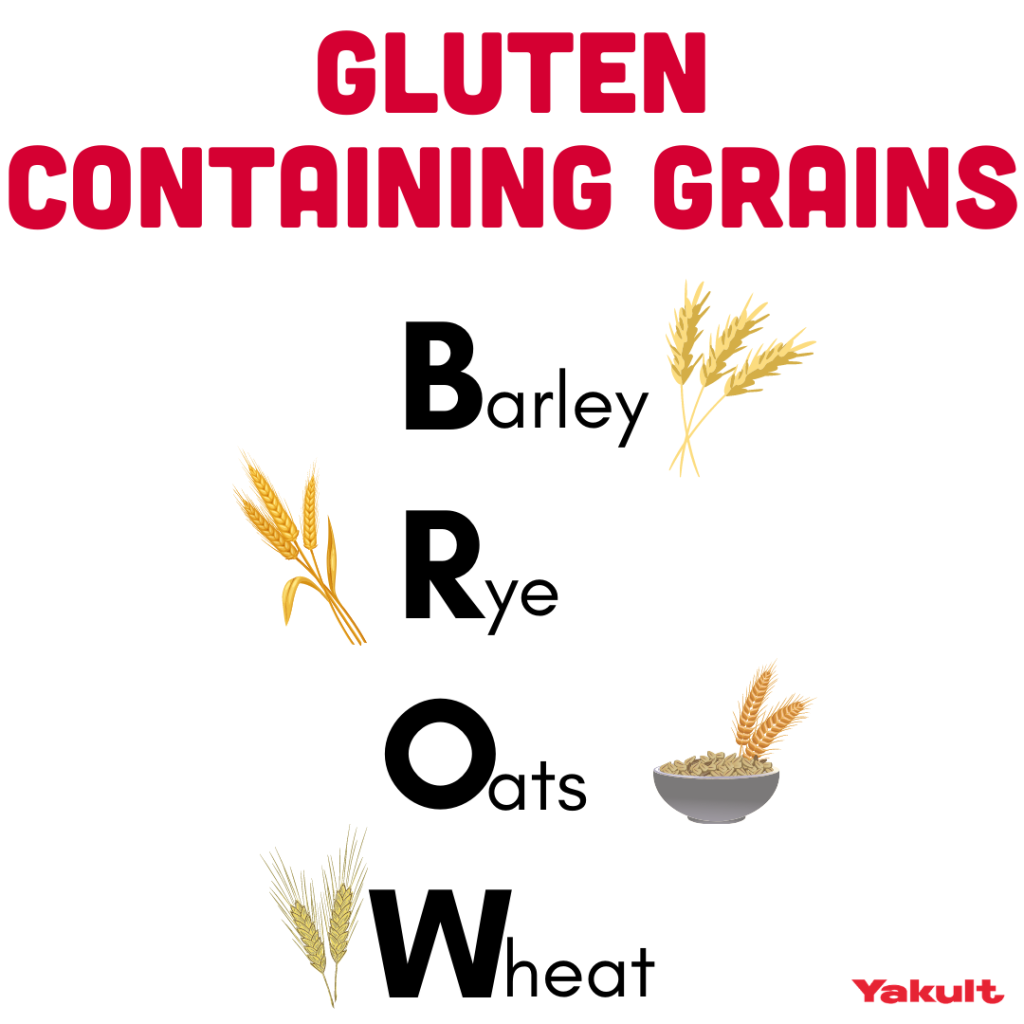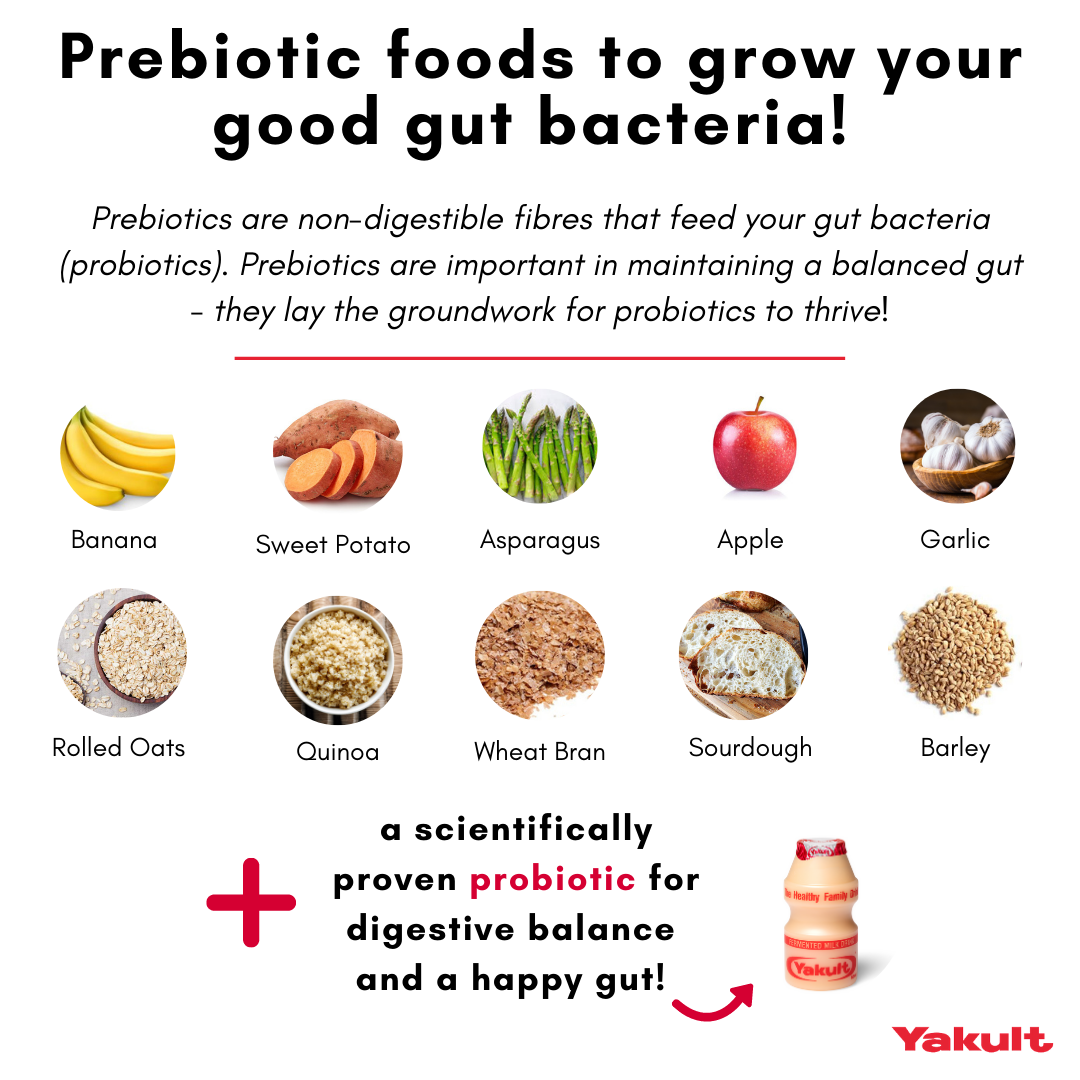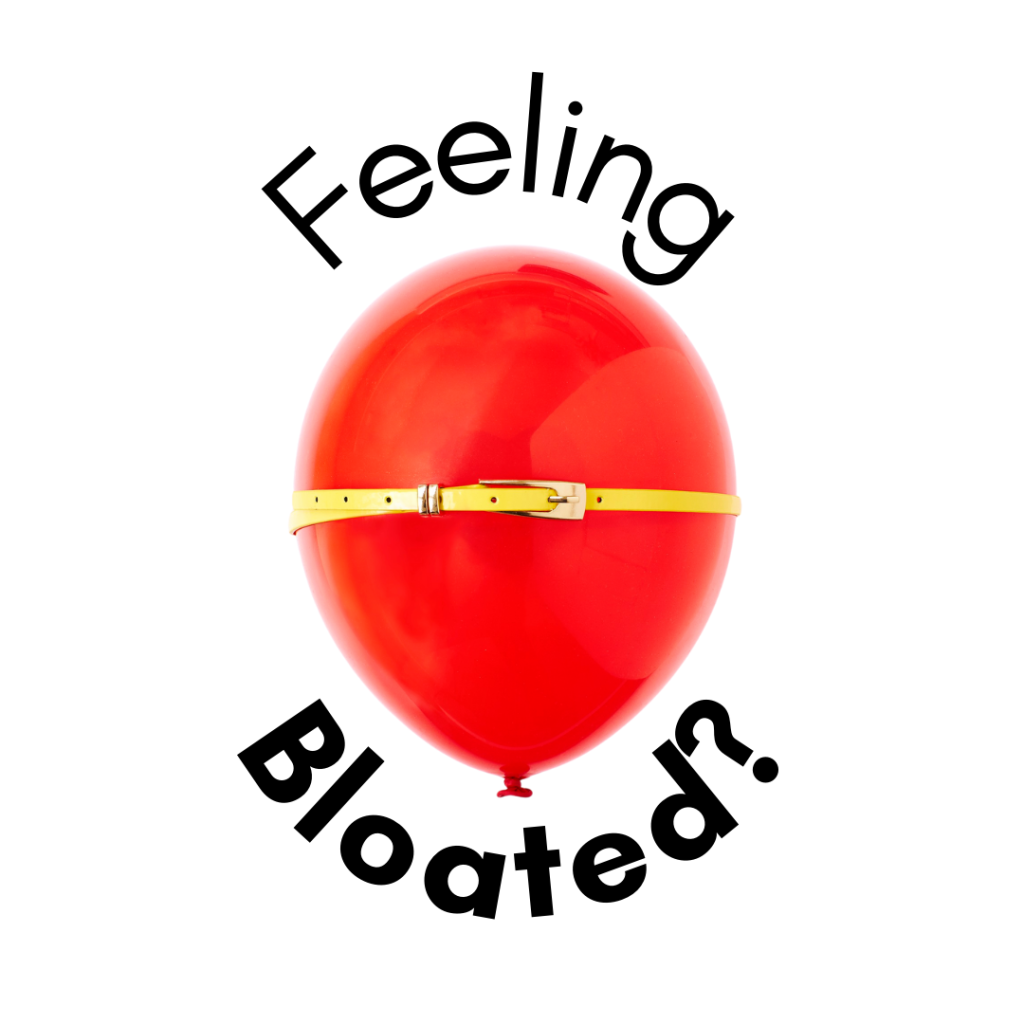With the end-of-year festive season behind us, we have all been enjoying some delicious gatherings with friends and family. Unfortunately, it is not uncommon for us to feel a little bloated after a heavy meal.
While bloating and distension are often temporary for most, for some of the population it can be a chronic issue that can affect their everyday life.
Why do I feel bloated?
Some of the reasons why we may become bloated include:
- Gas from air swallowed during chewing, and from consuming carbonated drinks.
- Often released by burping
- Fermentation by intestinal bacteria as it breaks down food.
- When non-digestible fiber passes through the large intestine it is broken down and fermented by the bacteria, causing gas.
There is not just one cause for bloating, and it can be hard to narrow down exactly why it might be occurring for you. Potential other causes include bacterial overgrowth, carbohydrate intolerance, dysbiosis (an imbalance in the beneficial and potentially harmful gut bacteria), slow or poor movement through the gut, pelvic floor issues or a highly sensitive gut.
Based on these, there are a variety of ways to prevent and reduce the discomfort of reoccurring bloating:
Diet
|
|
|
 |
|
 |
|
 |
Probiotics
- Gut dysbiosis is an imbalance of beneficial and potentially harmful bacteria and is a is a possible cause of bloating. By correcting this imbalance, it may help to reduce the symptoms of bloating.
- Certain types of bacteria breakdown food in the gut and produce gas. By reducing these types of bacteria, we may reduce the amount of gas produced, which may help to reduce bloating. While there have not been many well-designed studies to assess probiotics and bloating, there are some promising multi-stain probiotics such as sporogens + Bacillus coagulans or VSL#3.
Medications
- The use of medication is usually started if lifestyle and diet changes do not help.
- Certain medications can be used to reduce bloating by targeting the potential causes, including:
- Antibiotics (usually for IBS sufferers),
- Treating muscle spasms if bloating is caused by excess gas (Antispasmodics)
- Constipation treatments e.g secretagogues (increases fluid in intestines) or prokinetics (helps food move through gut)
